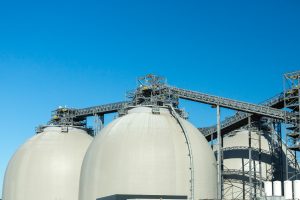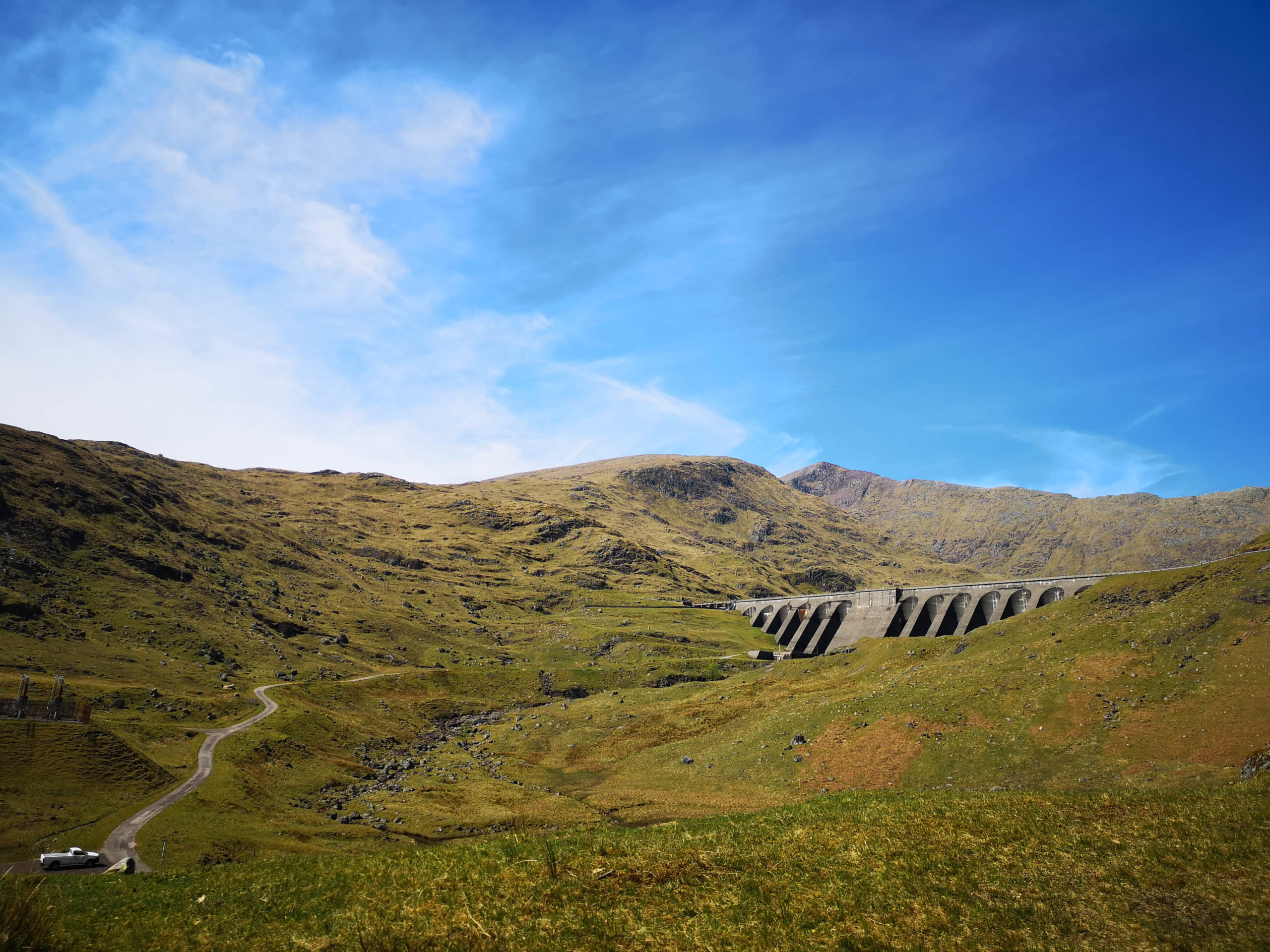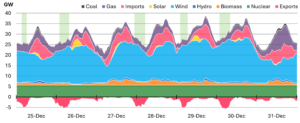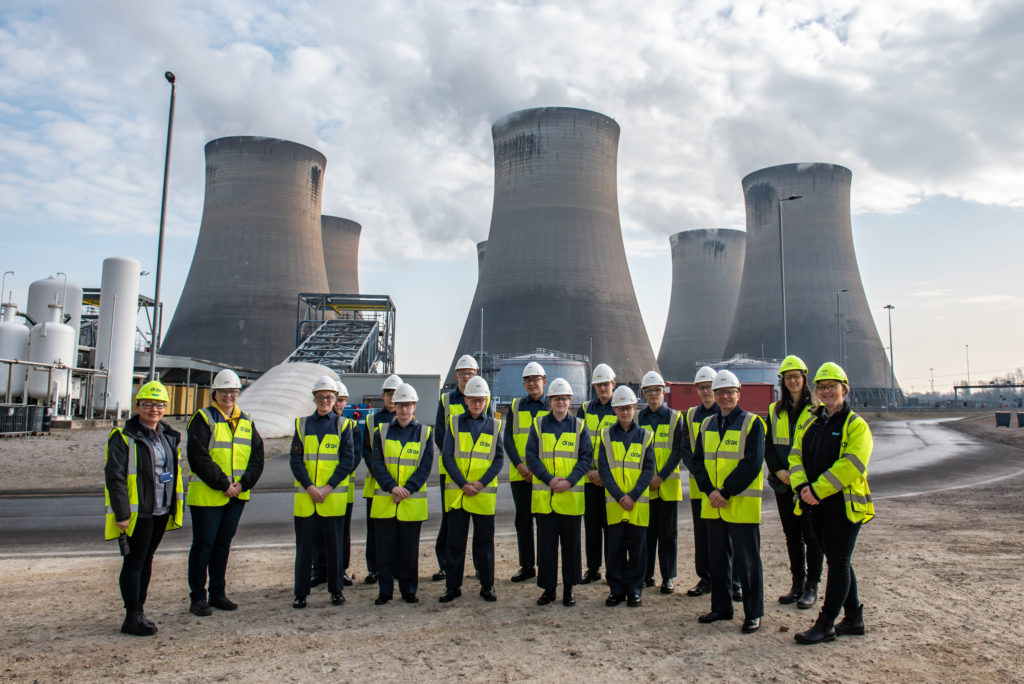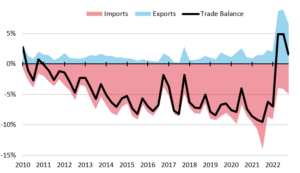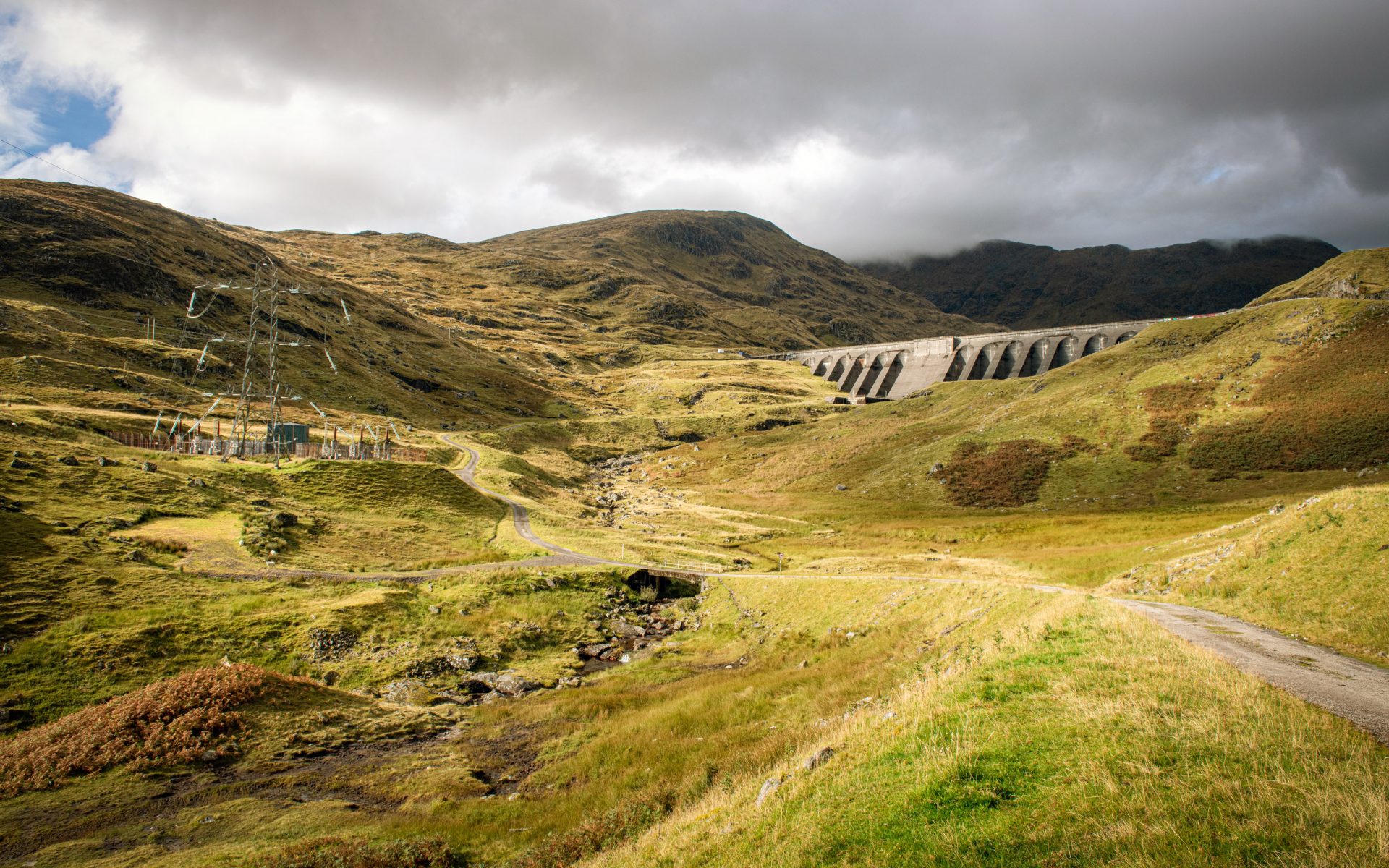
The power generator donated £12,000 of that total to food banks local to its operations including Cruachan Power Station near Oban, along with seven other locations across the UK
The funds allocated to Cruachan Power Station’s region have been donated to Hope Kitchen which provides essential supplies to hundreds of people in the surrounding areas who are struggling with the cost of living.
Catriona Petit from Hope Kitchen said: “The demand for foodbank support has increased significantly over the last few years and we currently have around 100 people a week who need Hope’s help. We have also had to open a service on Mull due to the challenges faced by people on the island.
“We are so grateful for the support we’ve received from Drax – donations like these are vital to the work we do to help hundreds of people in Oban and the surrounding areas every year.”
The remaining £10,000 was donated to the charity Shelter after Drax employees chose to give the money to charity instead of receiving a festive hamper. Shelter provides support to thousands of people in the UK who face homelessness and unsafe housing.
Shona King, Drax Group Head of Community, said: “Drax has a long history of supporting charities, and it’s important that we and other businesses do so now more than ever as people are struggling with the ongoing cost of living crisis.
“I hope these donations will help ease some of the costs for the food banks and that the generosity of Drax’s employees will help Shelter to deliver their vital services to those most in need of safe housing, especially during the colder months.”
Drax is committed to supporting the communities local to its operations through various initiatives including fundraising for local charities and supporting education and skills.
ENDS
Media contacts:
Megan Hopgood
Communications Officer
E: [email protected]
T: 07936 350 175
Notes to editors:
- Earlier this year Drax Group launched its new Drax Foundation to significantly boost the grant funding it provides for non-profit organisations and social enterprises in the locations where it operates including Drax Power Station near Selby and its hydro power plants in Scotland.
- Drax Foundation will fund initiatives that support education and skills development in Science Technology Engineering and Maths (STEM), as well as those that improve green spaces and enhance biodiversity within local communities. Funding will be available for organisations ranging from smaller community-led projects to larger grants of £50,000 for established non-profit organizations.
- Organisations and initiatives that meet Drax’s funding and selection criteria are encouraged to visit www.drax.com/community to learn more about the Foundation and submit an initial expression of interest.
About Drax
Drax Group’s purpose is to enable a zero carbon, lower cost energy future and in 2019 announced a world-leading ambition to be carbon negative by 2030, using bioenergy with carbon capture and storage (BECCS) technology.
Drax’s around 3,000 employees operate across three principal areas of activity – electricity generation, electricity sales to business customers and compressed wood pellet production and supply to third parties. For more information visit www.drax.com
Power generation:
Drax owns and operates a portfolio of renewable electricity generation assets in England and Scotland. The assets include the UK’s largest power station, based at Selby, North Yorkshire, which supplies five percent of the country’s electricity needs.
Having converted Drax Power Station to use sustainable biomass instead of coal it has become the UK’s biggest renewable power generator and the largest decarbonisation project in Europe. It is also where Drax is piloting the groundbreaking negative emissions technology BECCS within its CCUS (Carbon Capture Utilisation and Storage) Incubation Area.
Its pumped storage, hydro and energy from waste assets in Scotland include Cruachan Power Station – a flexible pumped storage facility within the hollowed-out mountain Ben Cruachan.
The Group also aims to build on its BECCS innovation at Drax Power Station with a target to deliver 4 million tonnes of negative CO2 emissions each year from new-build BECCS outside of the UK by 2030 and is currently developing models for North American and European markets.
Pellet production and supply:
The Group has 19 operational pellet plants and developments with nameplate production capacity of around 5 million tonnes a year.
Drax is targeting 8 million tonnes of production capacity by 2030, which will require the development of over 3 million tonnes of new biomass pellet production capacity. The pellets are produced using materials sourced from sustainably managed working forests and are supplied to third party customers in Europe and Asia for the generation of renewable power.
Drax’s pellet plants supply biomass used at its own power station in North Yorkshire, England to generate flexible, renewable power for the UK’s homes and businesses, and also to customers in Europe and Asia.
Customers:
Drax supplies renewable electricity to UK businesses, offering a range of energy-related services including energy optimisation, as well as electric vehicle strategy and management.
To find out more go to the website www.energy.drax.com




